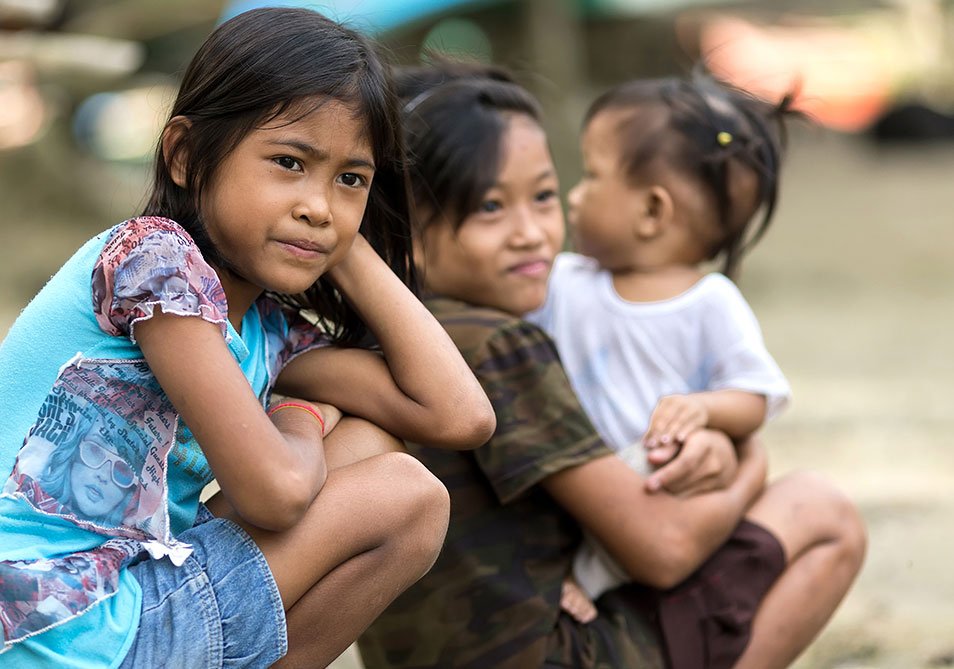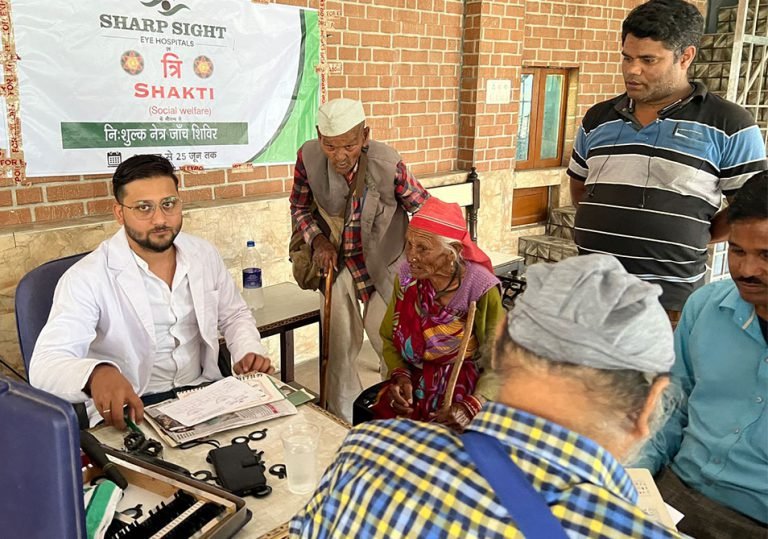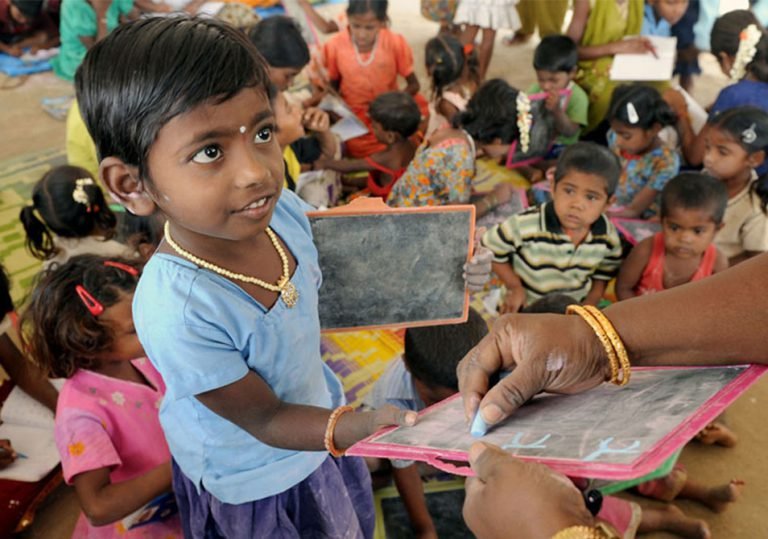The Crucial Role of NGOs in Educating Unprivileged Children
In a world where education is often hailed as the great equalizer, it’s disheartening to witness millions of children being left behind due to poverty, discrimination, and lack of access to quality schooling. However, amidst these challenges, Non-Governmental Organizations (NGOs) have emerged as beacons of hope, tirelessly working to bridge the gap and provide education to the underprivileged.
NGOs play a pivotal role in addressing the multifaceted barriers that hinder access to education for marginalized children. From remote villages to urban slums, these organizations venture into the most underserved communities, offering educational opportunities that would otherwise be out of reach.
One of the primary contributions of NGOs is in advocating for the right to education. Through grassroots campaigns, lobbying efforts, and policy initiatives, NGOs raise awareness about the importance of education and press governments to fulfill their obligations in providing free and quality schooling for all children, regardless of background.
NGOs also fill critical gaps in education infrastructure by establishing schools, tuition centers, and learning spaces in areas where formal institutions are lacking. These alternative education centers not only provide academic instruction but also offer a supportive environment conducive to holistic development, including health and nutrition interventions, psychosocial support, and life skills training.
Furthermore, NGOs are instrumental in addressing socio-economic barriers that hinder children’s access to education. By providing scholarships, school supplies, uniforms, and transportation assistance, NGOs alleviate financial burdens on families and ensure that every child has the opportunity to attend school.
Moreover, NGOs recognize the importance of community involvement in education. They engage parents, local leaders, and volunteers in educational activities, fostering a sense of ownership and collective responsibility for children’s learning outcomes.
In conclusion, NGOs play a crucial role in educating unprivileged children by advocating for their rights, establishing educational infrastructure, addressing socio-economic barriers, and fostering community involvement. Their tireless efforts not only empower individual children but also contribute to building more equitable and inclusive societies. As we look towards a brighter future, let us continue to support and amplify the impactful work of NGOs in transforming lives through education.



